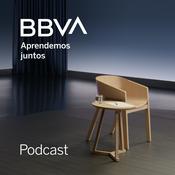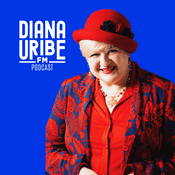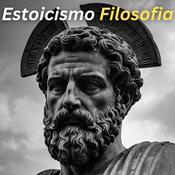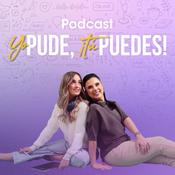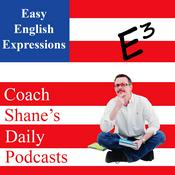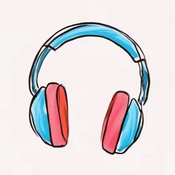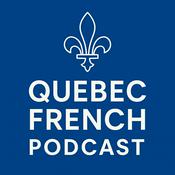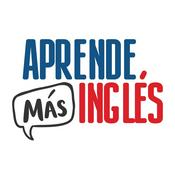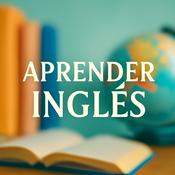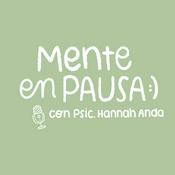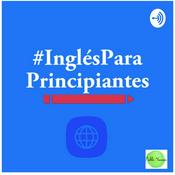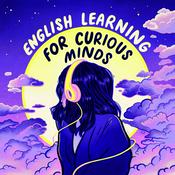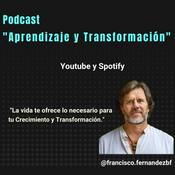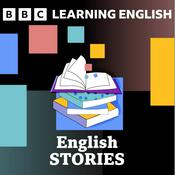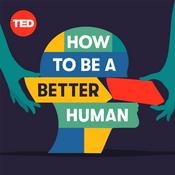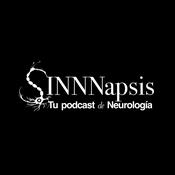380 episodios

IELTS Reading: Plant thermometers 🌡️
07/5/2025 | 30 min
How Plants Sense Temperature – IELTS Reading Made EasyThis episode breaks down a challenging IELTS Reading Passage about how plants use light and temperature to grow. I’ll guide you through the key ideas, explain tricky vocabulary, and help you answer the questions with confidence. Perfect for Band 6–8 students who want to improve comprehension, build science-related vocabulary, and boost their IELTS Reading score.

IELTS Reading: Music and the emotions
18/2/2025 | 27 min
In this lesson, you'll learn how to use the words you DON'T KNOW to get the right answers!It's a difficult Academic Reading Part 3, which contains several scientific terms that might cause confusion.But I will show you how IELTS uses these words for gapfills, and you'll learn the 6 'triggers' that indicate the answer.Get the full video lesson in the Bronze Membership on my website, and in the full Members Academy.https://ieltsetc.com/ielts-tips-and-tricks/Reading SummaryMusic is a powerful force that affects our emotions. When we listen to music we love, our body reacts—our heartbeat increases, and our muscles receive more blood. Scientists have found that music directly influences the brain, especially by releasing dopamine, a chemical that makes us feel pleasure.A study in Canada used brain scans to examine why music has such a strong effect. Researchers found that dopamine is released both when we hear a beautiful part of a song and before it happens. This suggests that our brain enjoys the feeling of anticipation, or waiting for something exciting.The way music is structured also plays a role. If a song is too predictable, it is boring. Great composers, like Beethoven, create patterns in their music and then delay repeating them to build suspense. This delay makes the final moment of resolution much more emotional.A famous music expert,Leonard Meyer, explained that the emotions in music do not come from its connection to real-life experiences but from how it plays with our expectations. Our brain enjoys the mix of predictability and surprise, which keeps us engaged and emotionally connected to the music.Keywords: affects – Changes or influences something. reacts – Responds to something by changing in some way. anticipation – The feeling of excitement when waiting for something to happen. predictable – Easy to guess or expect. delay – To make something happen later than expected. suspense – A feeling of excitement or nervousness while waiting for something to happen. expectations – Beliefs about what will happen in the future. engaged – Focused and interested in something.

IELTS Reading: Maternity Allowance (Money Vocabulary Topic)
20/1/2025 | 23 min
This month, we've been exploring the huge topic of MONEY in the Members Academy. It comes up in ALL parts of the test, so in this lesson, we examine two very similar General Training Texts in order to learn more about the topic of government benefit systems and the allowances that you might be entitled to. Each country's benefit system is different, so it's really worth a listen as you'll learn valuable information and keywords. Get the video and full text with vocabulary list in the Bronze Academy on my website. https://ieltsetc.com/ielts-tips-and-tricks/

IELTS Reading: Forced Rhubarb
23/12/2024 | 23 min
This is a lovely reading about forced rhubarb: its history and how it is grown and harvested. There are 3 question sets: Matching Headings Multiple Choice Gapfill In this lesson you'll learn more about the general topic of FOOD and how this topic is tested in all parts of the IELTS test. Get the full lesson in the Bronze Academy on my website. https://ieltsetc.com/2024/12/ielts-vocabulary-of-food-cooking-and-eating/

IELTS Pie Charts - how to avoid making this common mistake
13/12/2024 | 12 min
Always check the title of a pie chart to make sure you're providing an accurate summary of the data. Pie charts show percentage and proportion, not numbers. Here's an example of a mistake that is very easy to make when you're under pressure. So practise plenty of pie charts before the test and get ready to use the language related to pie charts - listen till the end to find the 'marc' verbs that will help you. Get the full lesson on my website and in the Members Academy Study Programme. https://beacons.ai/ieltswithfiona #ielts #ieltstask1 #ieltspiechart
Más podcasts de Educación
Podcasts a la moda de Educación
Acerca de IELTS with Fiona: a comprehensive guide to IELTS
Escucha IELTS with Fiona: a comprehensive guide to IELTS, Tu Desarrollo Personal y muchos más podcasts de todo el mundo con la aplicación de radio.net
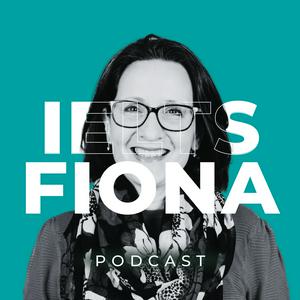
Descarga la app gratuita: radio.net
- Añadir radios y podcasts a favoritos
- Transmisión por Wi-Fi y Bluetooth
- Carplay & Android Auto compatible
- Muchas otras funciones de la app
Descarga la app gratuita: radio.net
- Añadir radios y podcasts a favoritos
- Transmisión por Wi-Fi y Bluetooth
- Carplay & Android Auto compatible
- Muchas otras funciones de la app


IELTS with Fiona: a comprehensive guide to IELTS
Descarga la app,
Escucha.

